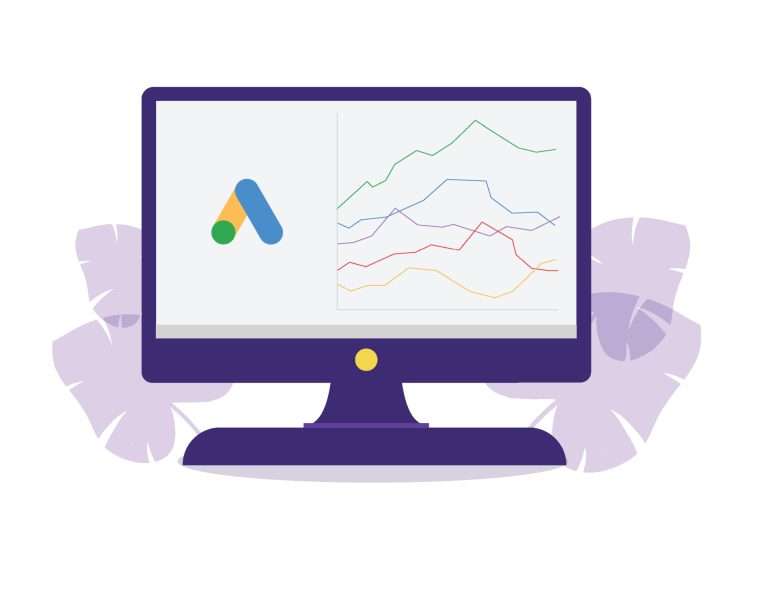Introduction
In the realm of digital marketing, “Advertising PPC” is a phrase that stands tall, but what does it really mean? As business owners in an ever-evolving digital landscape, it’s crucial to understand and leverage the power of Pay-Per-Click (PPC) advertising.
What is PPC Advertising?
PPC advertising is a model of online marketing where advertisers pay a fee each time one of their ads is clicked. It’s essentially a way of buying visits to your site, rather than attempting to “earn” those visits organically.
This form of advertising can be profoundly beneficial. It provides a boost to exposure while ensuring you’re only paying for genuine, quantifiable results – clicks! With a well-targeted PPC campaign, the visit is worth more than what you pay for it. That’s why PPC is an effective tool for businesses aiming to broaden their digital reach, increase conversions, and enhance their online marketing strategy.
But how do you navigate the PPC landscape successfully? That’s where the right strategy and expertise come into play. To delve deeper into the world of PPC and digital marketing, check out our comprehensive guide on Digital Marketing Basics. This guide will equip you with essential knowledge and strategies to boost your digital marketing game.
Stay tuned as we delve deeper into the world of PPC advertising, offering you insights that could revolutionize your business’s digital marketing strategy.
The Difference Between PPC and Paid Ads
Although PPC and paid ads might sound similar, they represent two different facets of the digital advertising spectrum.
Paid ads represent the broader concept of any form of advertising that you pay for, which includes banner ads, sponsored posts, or even influencer marketing. PPC, on the other hand, is a specific type of paid advertisement where the cost is determined by the number of clicks an ad receives. So, while all PPC ads are a form of paid ads, not all paid ads are PPC.
In PPC, you’re buying potential visits to your website, whereas with other types of paid ads, you might be paying for impressions (how many times an ad is shown) or engagements (such as likes or shares). Understanding these distinctions can guide your business in developing a more efficient and effective marketing strategy.
Examples of PPC in Action
To bring this concept to life, let’s look at a real-life example. Consider a local restaurant that implemented a PPC campaign to promote its new online ordering system. They targeted ads to local search terms and relevant keywords. As a result, the restaurant saw a 50% increase in online orders within the first month, translating to significant revenue growth.
This example showcases the potential of a well-planned PPC campaign in driving tangible business results.
PPC and Amazon Ads: A Powerful Alliance
Amazon, the e-commerce giant, effectively uses PPC advertising to enhance its product visibility and sales. Sellers on Amazon can use Amazon PPC, also known as Sponsored Products, to promote their items directly within Amazon’s search results and product pages. This way, products get a significant visibility boost, leading to higher chances of sales.
Just like any other PPC campaign, advertisers only pay when a potential buyer clicks on their ad, making it a cost-effective solution for businesses, especially in a competitive marketplace like Amazon.
Utilizing PPC for Business Growth
PPC advertising isn’t just for the industry giants like Amazon; it’s an accessible and potent tool that businesses of all sizes can use to bolster their digital marketing strategy. But, as with any tool, it’s most effective when you know how to use it properly.
First, understanding your audience is key. By utilizing keyword research and trend analysis, you can target your PPC ads to reach the people most likely to be interested in your products or services.
Next, it’s all about optimization. This encompasses everything from refining your ad copy to improve click-through rates, to adjusting your bids to get the most bang for your buck. A strong focus on technical SEO optimization can go a long way in improving your PPC campaign’s performance.
Finally, analysis and adaptation are crucial. The digital marketing landscape is always changing, and what works today might not work tomorrow. Consistently analyzing your campaign’s performance and adapting your strategy accordingly will keep you ahead of the curve.
At RootsDigitalAgency, we’ve mastered these tactics and much more. Our proven SEO strategies and dedication to empowering business owners have led to many success stories.
Conclusion
PPC advertising can be a powerful asset in your digital marketing arsenal, capable of delivering quick results and a significant return on investment. It’s a strategy worth considering for any business looking to boost their online presence and drive more traffic to their website.
If you’re intrigued and want to explore more about how advertising PPC can revolutionize your business, consider partnering with a trusted digital marketing agency like RootsDigitalAgency. Together, we can navigate the exciting world of PPC and chart a course for your business’s digital success.
Ready to transform your digital marketing strategy? Let’s get started.
This blog post is part of our series on digital marketing strategies, designed to help businesses like yours understand the landscape of online marketing. Check out other posts in the series here.
Images courtesy of vecteezy.




